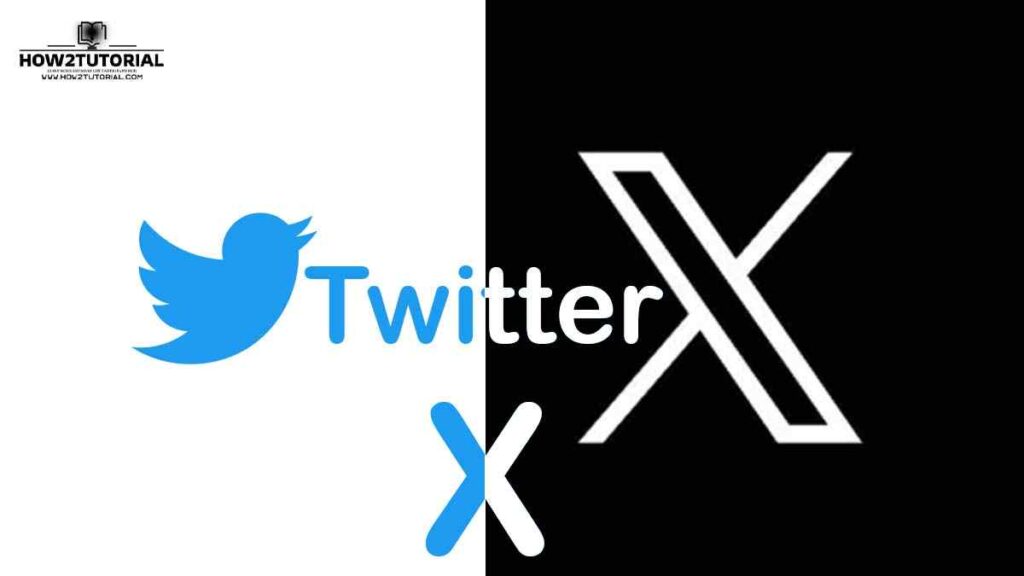Twitter, Inc. was an American social media powerhouse that left an indelible mark on the digital landscape. Founded in 2006, it became a household name, but its fortunes took a dramatic turn when Elon Musk entered the scene. This article explores Twitter’s history, Musk’s takeover, and the challenges it faced post-acquisition.

History of Twitter
Creation and Initial Reaction (2006-2007)
Twitter’s origins trace back to a “daylong brainstorming session” by Odeo board members. The idea of SMS-based social networking, introduced by Jack Dorsey in 2006, led to the first tweet on March 21, 2006. Twitter’s full version went public on July 15, 2006. It spun off as a separate entity in April 2007, gaining immense popularity during the 2007 South by Southwest Interactive conference.
Growth (2007-2022)
Twitter’s growth was remarkable, with milestones like hitting 100 million monthly active users in 2011 and going public in 2013. Despite acquisition rumors, Twitter remained independent until Elon Musk’s arrival.
Acquisition by Elon Musk (2022-2023)
The Acquisition Drama
Elon Musk’s entrance into Twitter began with a 9.1% purchase in April 2022, triggering a rollercoaster of events. He first attempted to acquire the company for $43 billion but faced resistance. Musk cited concerns about censorship and a lack of free speech as his motivation.
On April 25, 2022, Twitter agreed to be acquired by Musk for $44 billion, a deal that saw its fair share of ups and downs. Legal battles and public disputes ensued, culminating in a shareholder vote that sealed the deal on October 27, 2022.
Musk’s Impact on Twitter’s Operations
Musk’s takeover ushered in significant changes. He swiftly terminated Twitter’s CEO and CFO, leading to the delisting of Twitter’s stock. Musk assumed the role of CEO and embarked on a tumultuous journey marked by layoffs and resignations.
Post-acquisition Challenges and Controversies
Staff Layoffs and Resignations
The aftermath of Musk’s takeover saw a mass exodus of Twitter employees, resulting in a dwindling workforce. The dramatic shift in the company’s work culture raised concerns about its stability.
Advertiser Exodus
Twitter’s woes extended to its advertisers. Fears of increased hate speech and concerns over brand safety led to a substantial loss of advertisers, including major brands like General Mills and Pfizer.
Decline in Revenue and Loss of Advertisers
Twitter’s revenue suffered a significant blow, with losses attributed to activist groups pressuring advertisers. Reports indicated a drop in revenue, and the loss of top advertisers was felt keenly.
The Future of Twitter
The road ahead for Twitter remains uncertain. Musk’s takeover has left an indelible mark, and the company faces the challenge of regaining its footing in a rapidly changing digital landscape.
Twitter’s Financial Journey
Twitter’s financial history is a rollercoaster ride. Despite its initial IPO success in 2013, the company reported losses in multiple fiscal years. Elon Musk’s acquisition marked a shift in its financial trajectory.
Twitter’s Stock Launch and Tax Issues
Twitter’s journey as a publicly traded company began with its IPO in 2013. The stock market debut, initially priced at $26 per share, brought a valuation of around $31 billion. However, financial challenges and tax issues posed significant hurdles.
FaQ
What prompted Elon Musk’s interest in acquiring Twitter?
Elon Musk cited concerns about censorship and a perceived lack of free speech on the platform as his motivation for acquiring Twitter.
How did Twitter’s workforce change after Elon Musk’s takeover?
After the takeover, Twitter experienced a significant loss of employees through layoffs and resignations, resulting in a substantial reduction in its workforce.
Why did advertisers leave Twitter after Elon Musk’s acquisition?
Advertisers left Twitter due to concerns over increased hate speech on the platform and doubts about brand safety.
What challenges does Twitter face in the post-acquisition era?
Twitter faces the challenge of regaining its stability, rebuilding its workforce, and attracting advertisers after the tumultuous events surrounding Elon Musk’s takeover.
How did Twitter’s financial performance change over the years?
While Twitter enjoyed periods of success, it reported losses in some fiscal years, and Elon Musk’s acquisition marked a shift in its financial trajectory.


